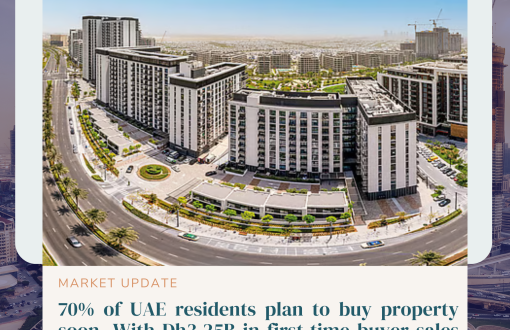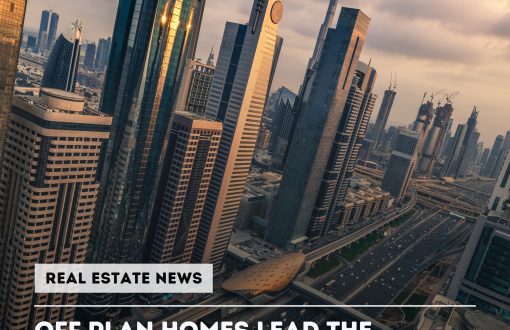Dubai’s real estate market is poised for steady growth, attracting high-net-worth individuals (HNWIs) drawn to the city’s world-class infrastructure, strategic geographic location, and innovative developments. Following three cycles of growth, including two boom-bust periods during the 2008 global financial crisis and the Covid-19 pandemic, industry experts are optimistic that the market will experience sustained and stable growth.
Industry leaders highlight that the market’s maturity and regulatory measures have significantly reduced the likelihood of another boom-bust cycle. Key initiatives such as the implementation of Escrow accounts, the influx of millionaires, and a greater number of end-users investing in the local market have contributed to this stability.
“Dubai’s real estate market has significantly evolved over the years, transitioning from the boom-bust cycles of the past to a more stabilized and sustainable growth trajectory. This maturity is driven by several factors, including the implementation of stringent regulatory frameworks, enhanced transparency, and a strategic focus on long-term economic diversification,” said Hassan Hijazi, group CFO of Amwaj Development.
Hijazi also emphasized Dubai’s appeal to a diverse range of investors, including high-net-worth individuals, institutional investors, and expatriates. The city’s world-class infrastructure and innovative developments continue to attract and retain investors, bolstered by government initiatives such as the Golden Visa program and the legacy of Expo 2020.
Imran Farooq, CEO of Samana Developers, reinforced this sentiment, stating that Dubai’s robust economic infrastructure and multinational society have solidified its position as a global investment hub. “The city stands strong and tall on its foundations. Dubai has shown it to the world by successfully organizing global events such as Dubai Expo 2020, UAE COP28, and its exemplary handling of the Covid-19 pandemic. It only makes sense that Dubai’s real estate sector has matured enough and moved beyond the boom-and-bust cycle,” Farooq noted.
Yogesh Bulchandani, founder and CEO of Sunrise Capital, observed that Dubai’s real estate market has demonstrated exceptional resilience, with prices continuing to rise even as global property markets experience fluctuations. “While global property markets stutter, prices in Dubai are continuing to rise, signaling a break from the boom-and-bust cycles. The market’s strength is bolstered by buyers purchasing for occupancy, indicating the previously transient nature of Dubai is fading,” he said.
Samana Developers’ CEO, Farooq, projected a positive outlook for Dubai property prices over the next five years, attributing this to the attractive returns for investors and the rising number of investors from Europe, CIS, and China. He highlighted that higher prices make the market appealing for foreign institutional investors, further strengthening Dubai’s real estate sector.
Despite the optimism, experts acknowledge that Dubai’s relatively lower property prices compared to cities like Hong Kong, Singapore, and New York provide a cushion against significant market corrections. However, they caution that global economic interconnections and investor behavior still pose risks of cyclical trends.
“This affordability, coupled with the city’s continuous development, safety, quality of life, and the government’s proactive measures, makes the Dubai property market attractive to a wide range of investors and residents. Additionally, the proactive measures taken by the government to regulate supply and demand dynamics ensure market stability,” Hijazi added.
As Dubai’s real estate market continues to mature, the inherent value proposition of its property sector positions it well to avoid major corrections, ensuring sustained investor confidence and market resilience.
Source: Khaleej Times





